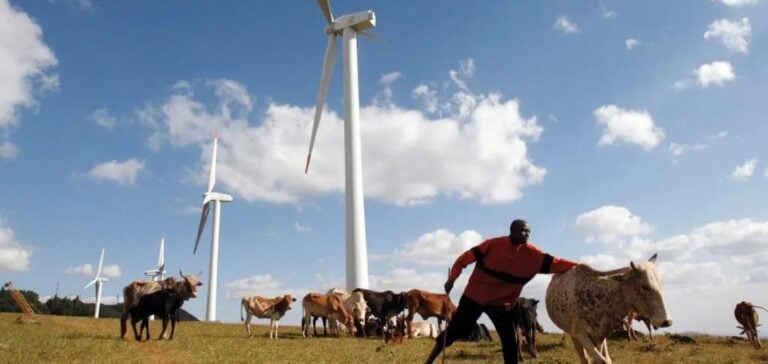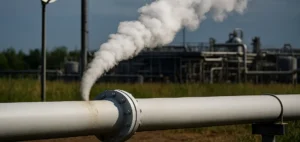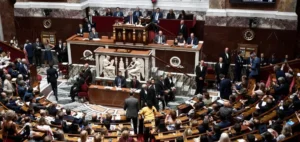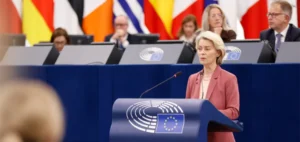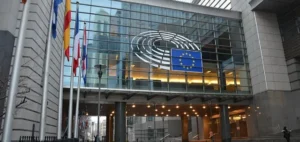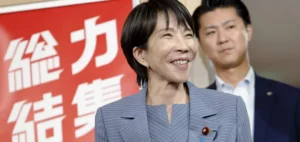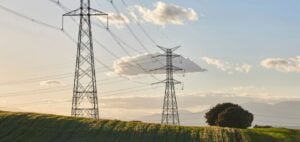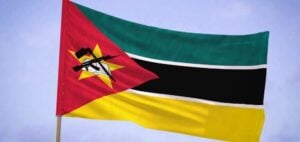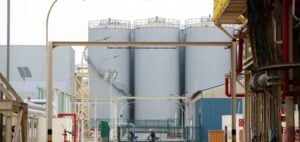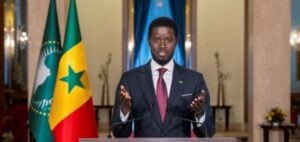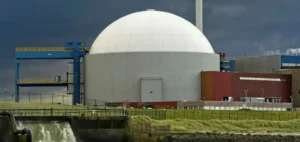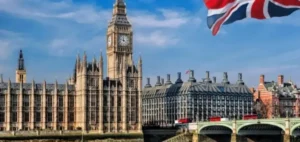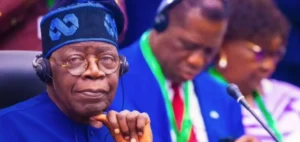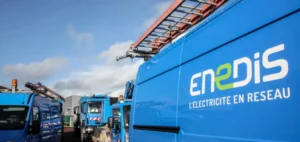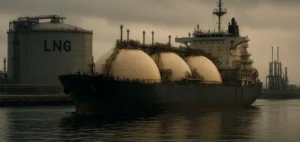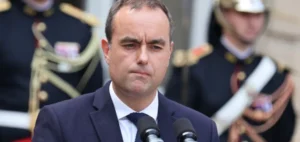Energy for Africa is an eminent issue on a continent where only half the sub-Saharan population has access to electricity. This electrification project could be solved using the “leapfrog” technique. By moving directly from a very incomplete network to renewable energies. According to IRENA, renewable energies “could account for up to 67% of electricity generation in sub-Saharan Africa by 2030”.
In addition, the continent has vast fossil fuel resources. A case in point is the 2020 balance sheet of Canadian oil and gas company Africa Energy Corp, which has a strong presence on the continent.
Africa Energy’s success story in Africa’s energy sector
More major oil discoveries
Garrett Soden, CEO of Africa Energy, believes he has made “two world-class discoveries”. He also refers to the significant potential of energy for Africa, in the context of climate change. Indeed, yields from drilling off the coast of South Africa were higher than expected.
TheOdfjell Deepsea Stavanger drilled this Luiperd-1X well to a total depth of around 3,400 meters. 9.5 million barrels per day could be produced. This discovery not only benefits South Africa, but the entire African energy sector.
South Africa, for example, is a large market looking to switch from coal to natural gas. Thanks to this discovery, the country now has an attractive national solution with strong development potential. This promotes better access to electricity across the continent, and is perfectly in line with the energy transition.
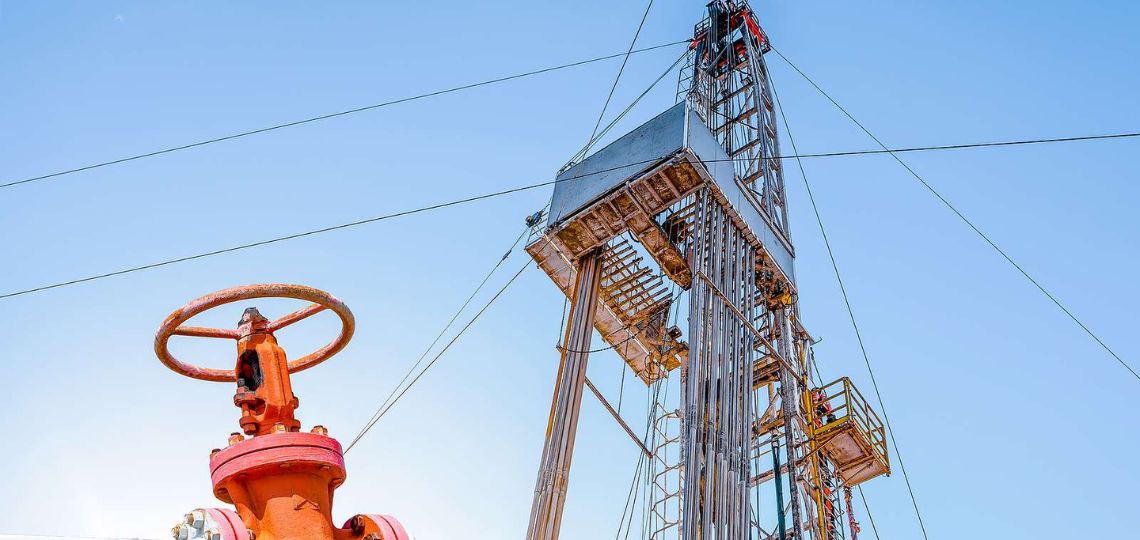
Africa Energy increases cash flow 10-fold in 1 year
In line with this trend, Africa Energy Corp posted a largely positive balance sheet for 2020. At December 31, 2020, the company had cash of $19.6 million. At the same time in 2019, it had just $2.1 million.
This is due in particular to the company’s efforts to reduce overall costs. Africa Energy’s success is attracting the attention of other companies who are increasingly interested in Africa’s energy sector. In this way, the company’s economic influence contributes to the development of energy in Africa and influences its future prospects.
What are the energy prospects for Africa?
Africa Energy Corp leads the way
The discovery of the well’s high potential confirms that Africa is a world-class exploration zone. As a result of this success, other companies have decided to get involved in implementing development in Africa. Investment in Africa’s energy sector has been growing in recent years.
Africa Energy Corp also intends to pursue its activities in a second area, the Gazania-1 well, off the South African coast. Drilling is scheduled to start in the first quarter of 2021. This well has significant resources, particularly in shallow waters.
In addition, this well includes the 1988 A-J1 discovery, which brought light, sweet crude oil to the surface. Nevertheless, Africa Energy Corp will have to obtain the approval of the South African government before doing anything. Acceptance of the project is in the interests of South Africa, which will improve its population’s access to electricity.
Electrifying the continent
This trend towards greater attractiveness in Africa, and particularly in South Africa, is a godsend for the continent. South Africa’s Finance Minister expressed his country’s need for a reliable supply of electricity. He is counting in particular on the private sector and hopes that thermal power plants will be developed on the African continent.
Progress has already been made in terms of energy services and electricity networks. Between 2015 and 2019, Africa saw a 12% increase in the rate of access to electricity. This is due in particular to the support of the African Development Bank (AfDB).
Nevertheless, while the problem of access to electricity is moving towards resolution, the question of sustainable development remains unresolved. This is the new challenge for development on the African continent.
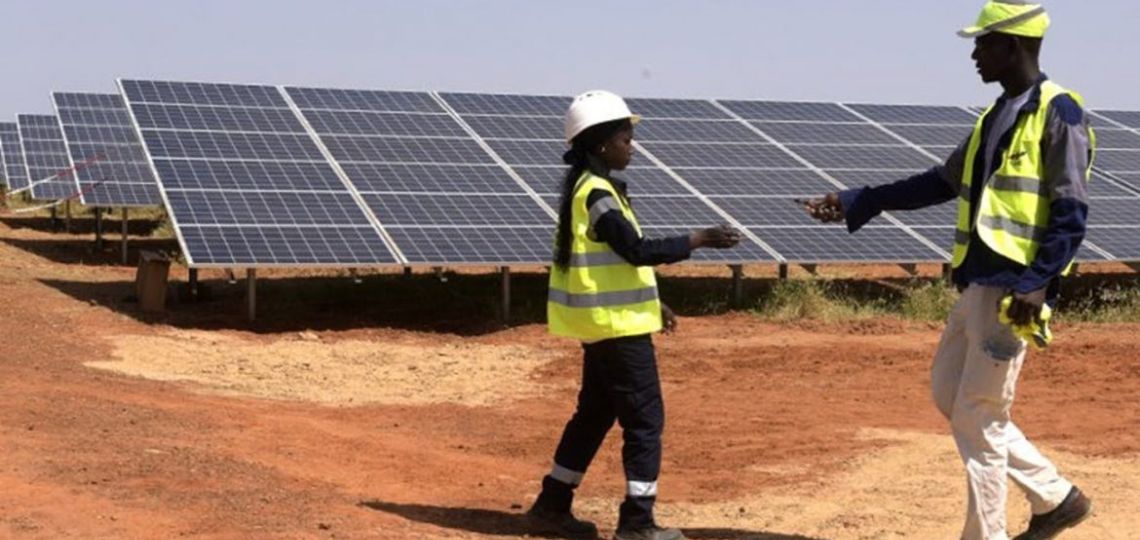 The African Development Bank supports renewable energy projects
The African Development Bank supports renewable energy projects
African countries need to rebalance their energy mix towards clean energies, such as solar power. Cape Verde, for example, has a well-established renewable energy project. By 2025, the country wants 100% of its electricity production to come from renewable energies.
In the same context, the AfDB founded the Sustainable Energy Fund in 2011. This contributes to universal access to affordable, reliable, sustainable and modern energy services for all in Africa. This includes unlocking private investment in Africa’s renewable energy sector.
This sustainable energy fund was created in partnership with the Danish government. It has since received contributions from the governments of the USA, UK, Italy, Norway, Spain and Sweden. In 2014, this fund reached a capitalization of $200 million.
Financing ambitious renewable energy projects
As a result, many countries are financing the construction of power plants and developing renewable energy projects in Africa. This is the case of Burkina Faso, which has approved the construction of a new 30 MW solar power plant. Other renewable energy projects are also emerging in Africa.
Another renewable energy project in Africa is also part of the energy transition. In Cameroon, the Nachtigal hydroelectric dam is scheduled for commissioning in 2023. It is expected to generate 420 MW and is partly financed by theAgence Française de Développement (AFD).
These efforts are bearing fruit. Indeed, forecasts by theInternational Renewable Energy Agency (IRENA) point in this direction.
They indicate that these “could account for up to 67% of electricity generation in sub-Saharan Africa by 2030.”
However, IRENA also points out that development in this direction can only take place under certain conditions.
IRENA refers to “appropriate policies, regulation, governance and access to financial markets”.
Energy Transition and Sustainability: Africa Energy Corp Reduces Operating Costs for 2023
Africa Energy Corp ‘s review of the first half of 2023 is very positive. The company increased its profits and made important discoveries in the energy sector for Africa.
For the quarter ending June 30, 2023, the company recorded $1.2 million in operating expenses, compared with $1.3 million for the same period in 2022. Costs remained relatively stable compared with the previous period.
For the first six months of the year ending June 30, 2023, the company recorded $3.4 million in operating expenses, compared with $3.8 million for the same period in 2022. The decrease compared with the previous period was mainly due to salary and benefits costs, which fell by $0.5 million as a result of a reduction in annual bonuses compared with the same period in 2022.
These changes are part of the energy transition and more sustainable development.


